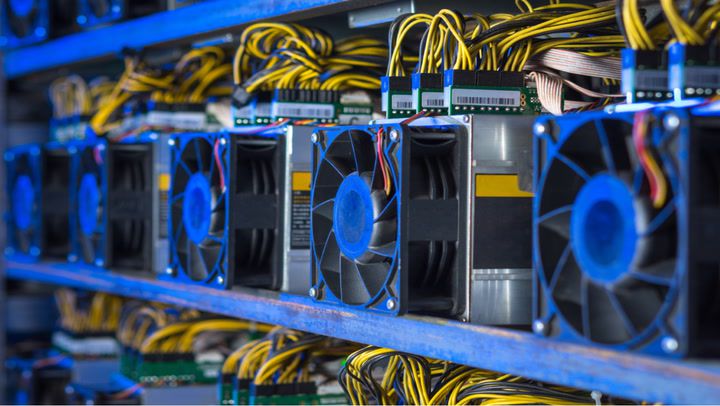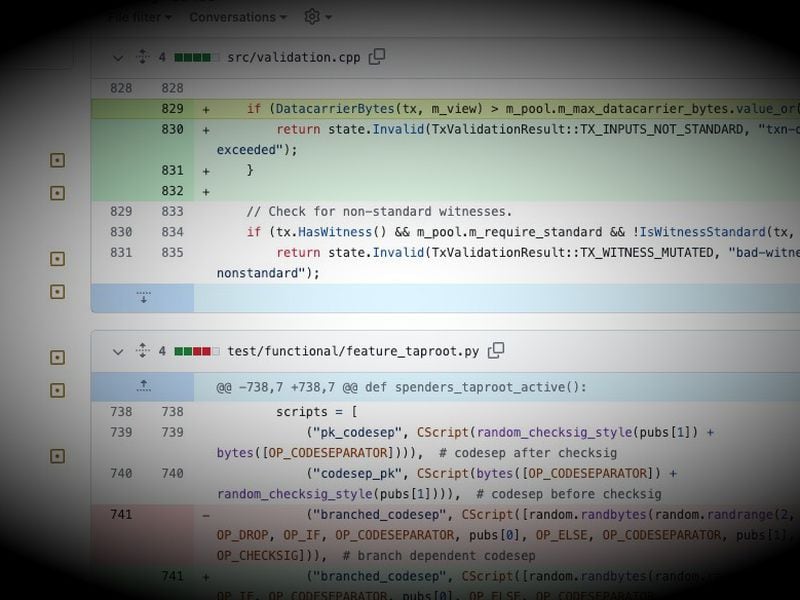Intel Wins Patent for Energy-Efficient Bitcoin Mining

Global tech giant Intel, known for its widely-used computer processors, has won a patent connected to its work in the area of cryptocurrency mining.
On Tuesday, the U.S. Patent and Trademark Office awarded the company a patent outlining a processor which claims to be able to conduct “energy-efficient high performance bitcoin mining,” specifically naming the SHA-256 algorithm used by the world’s largest cryptocurrency by market cap.
As reported, Intel has previously sought patents related to its work in the area of crypto mining. And it was Intel’s foundry that produced the chips for the mining operation run by 21 Inc, which later rebranded as Earn.com and was ultimately acquired by Coinbase.
Per the patent, bitcoin miners may be rewarded for their efforts by receiving a block reward and transaction fees. However, mining machines for the bitcoin network generally require hardware accelerators, such as application-specific integrated circuits (ASICs), and therefore require a large amount of energy.
Hardware accelerators are needed in particular for processing 32-bit nonces, strings of bits used once during a transaction. Current ASICs process these transactions in multiple stages with redundancies.
As the patent explains:
“Dedicated Bitcoin mining ASICs are used to implement multiple SHA-256 engines that may deliver a performance of thousands of hashes per second while consuming power of greater than 200 [watts]. Embodiments of the present disclosure employ micro-architectural optimizations including selective hardwiring certain parameters in Bitcoin mining computation.”
Hardwiring these parameters would lower the number of computations required, it says, estimating that such a system would reduce the amount of power needed for a chip by 15 percent. The resulting chip would also be smaller than those used for bitcoin miners at present.
The patent also hints that changing how much of the 32-bit nonce is compared for validity could further lower power requirements.
“Instead of comparing the final hashing result with the target value, [the] bitcoin mining application may determine whether the hash out has a minimum number of leading zeros,” the patent states.
Intel image via jejim/Shutterstock









